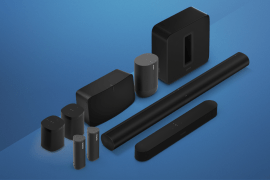Wireless vs wired headphones: which is better?
Are there any benefits to tethering yourself with a cable?
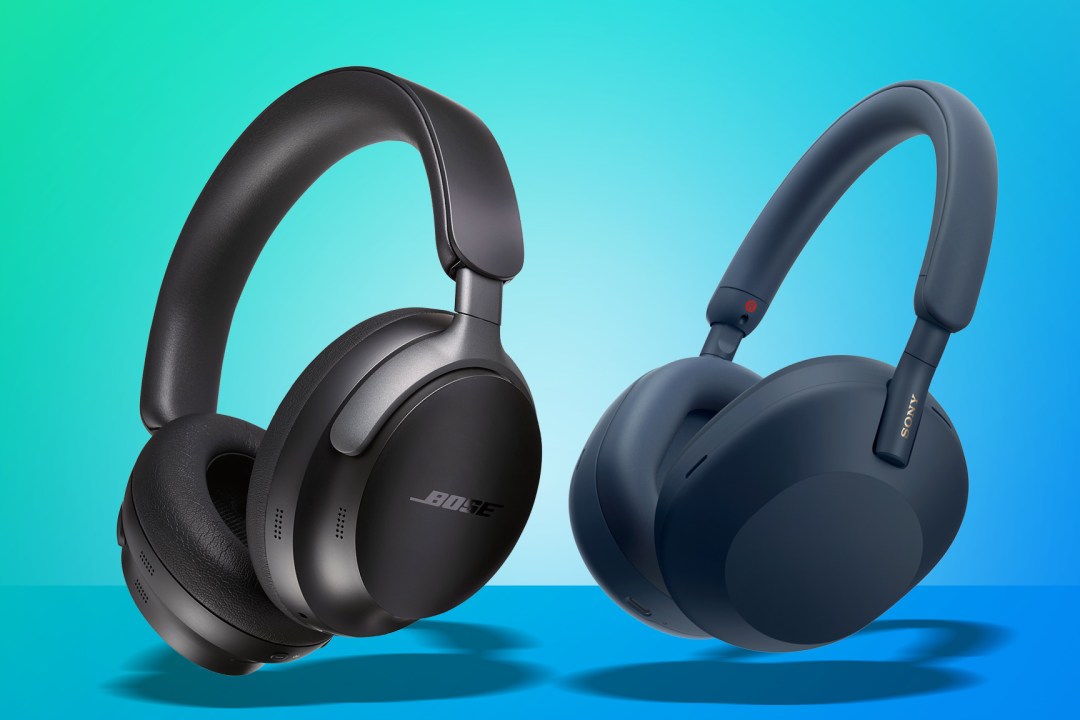
Wireless vs wired headphones is a pretty niche debate these days, what with everyone from youngsters to grandparents rocking a pair of AirPods (or another flavour of wireless earbuds). But if you’re on this page, it means you’re at least curious as to why you’d ever want to consider picking up some of the best wired headphones. Of course, if you’re an audiophile, you probably never left the world of wired headphones in the first place, and with good reason. But let’s not get ahead of ourselves.
Below you’ll find all the main differences between wired and wired headphones, beyond the fact that one has a wire, and the other doesn’t. Otherwise, this would be a very short article indeed
Wireless vs wired headphones: sound quality
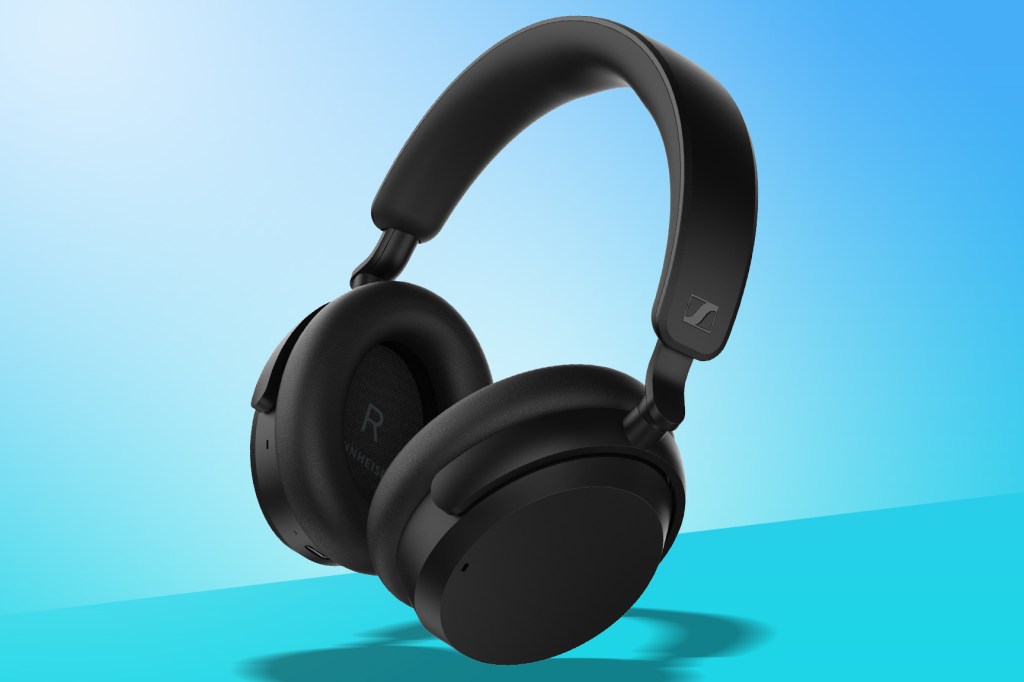
Bluetooth tech has come a long way, and the latest codecs like aptX Lossless prove that wireless sound quality can be superb. Trouble is, you need the right equipment to take advantage of it. You might have a pair of aptX Lossless headphones, for example, but if you don’t have a smartphone that supports it, you’re missing out on the best possible quality.
Wired headphones, of course, don’t have that problem. Plug them in and, well, that’s it. Despite the fact that most smartphones have unfortunately dropped the tried and trusted audio jack, you can still grab USB-C adaptors for a hassle-free fit, enjoying the best possible sound quality without faff. On that note, if you’re rocking older or less capable Bluetooth devices, there’s no doubt that wired headphones will sound better.
In a similar vein, wired headphones have practically zero delay, which means that if you’re a regular video watcher, you’ll never have to deal with audio that’s out of sync with the on-screen action. Even some of the most expensive and more advanced Bluetooth headphones still suffer from audio delay, which can really ruin a marathon YouTube session.
All that aside, if you’re willing to spend a pretty penny (or quite a bit more), you can nab yourself some serious audiophile-grade headphones that will blow any Bluetooth ones out of the water, if you have a source that will do them justice. That’s edging straight into the heart of audiophile territory though, which is a dangerous path to walk down…
Wireless vs wired headphones: practicality
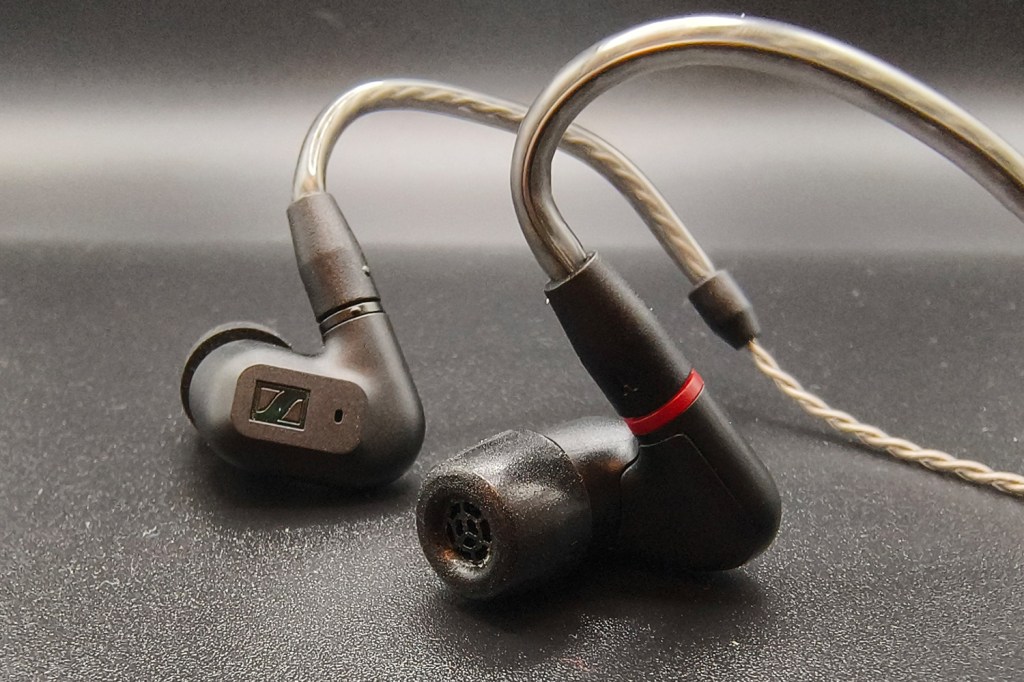
Wired headphones are incredibly practical when it comes to battery life, because, well, they have no batteries. As long as your connected device has juice, you’re good to go, and you’ll never need to worry about having another set of gear to charge either.
Wireless/Bluetooth headphones, on the other hand, will need relatively regular charges, especially if you’re a power commuter. And if you’ve ever forgotten to charge your headphones before a long trip, you know how annoying it can be. Sure, some have quick charge options, but if you’re flying across the ocean on a seven-hour flight, that won’t save you from the smug smirk of someone who’s happily enjoying their tunes on wired headphones.
Having said that, wired headphones can be impractical in other ways. Their cables can simply get in the way, and in some cases, completely ruin experiences. If you’ve ever gone to the gym or run cross-country with a wire constantly thwacking against you, you’ll know how annoying those pesky cables can get. And don’t get us started on the instant rage-inducing experience of having the cable snag on something when you’re simply walking around.
Which should you buy?
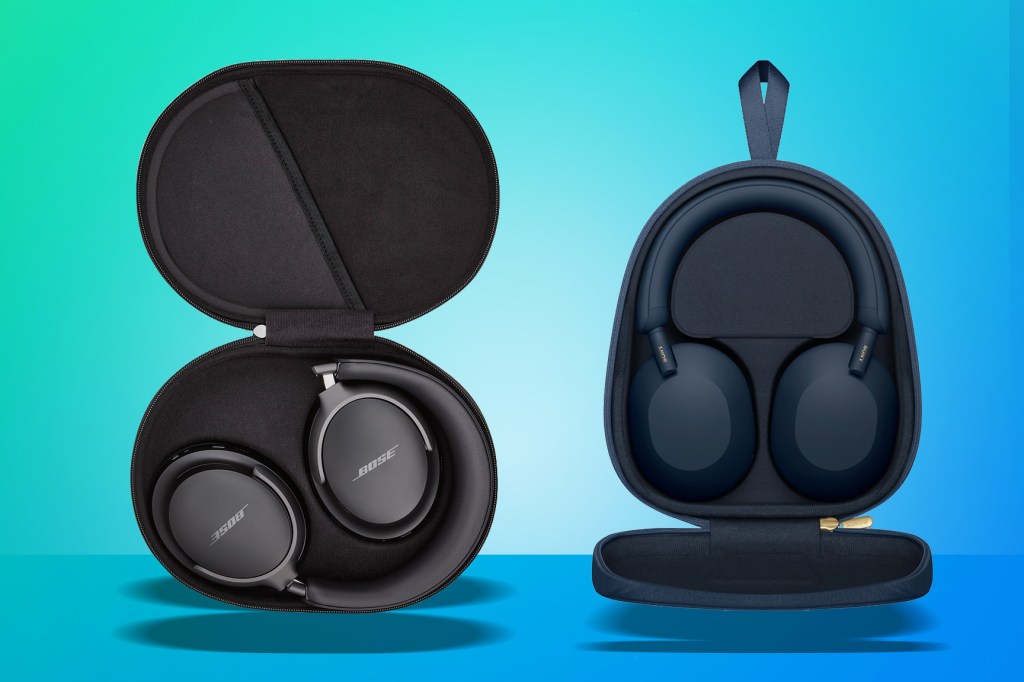
There’s a place for both wired and wireless headphones, and you don’t have to spend thousands on either to find a happy medium. Having a wireless pair for commuting and the gym is absolutely sensible, especially when you take things like active noise cancellation into account.
If you’re at home and want the best sound quality though, then a dedicated pair of cable-toting cans is a wonderful treat, letting you stay put and really focus on the music. There are no rules though, and you can do whatever you feel is best.


